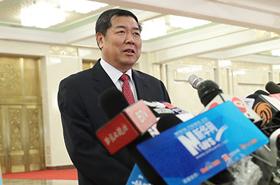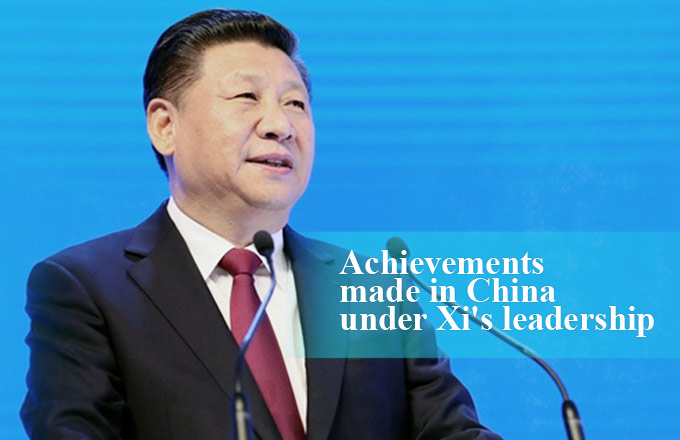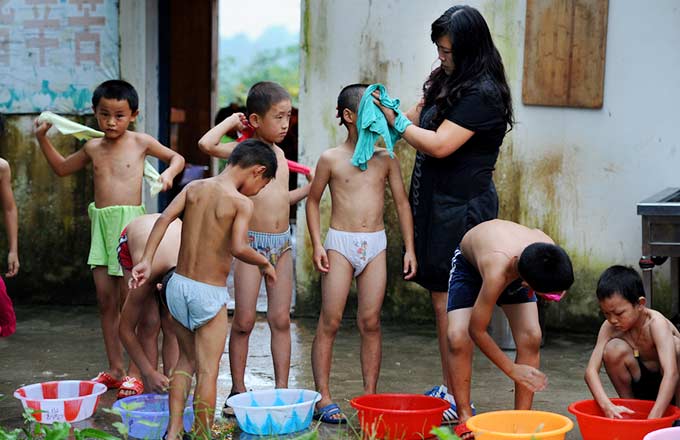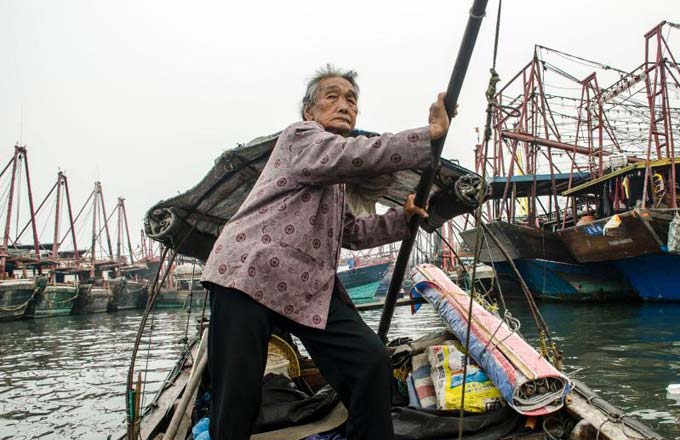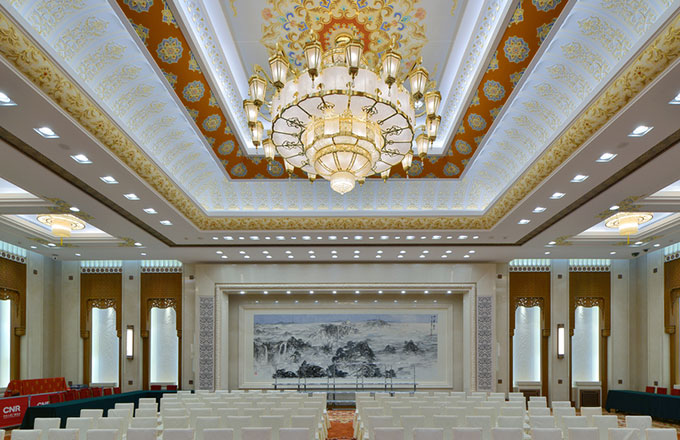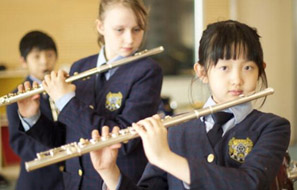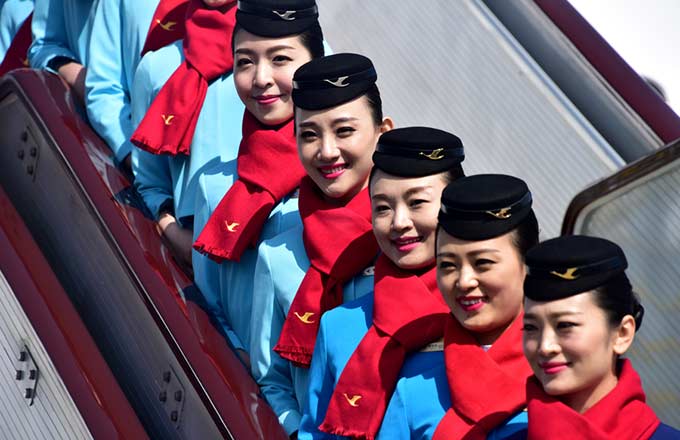Policies, principles of armed forces' employment
BEIJING - A white paper issued Tuesday by the State Council Information Office introduced the fundamental policies and principles followed by the diversified employment of China's armed forces.
-- Safeguarding national sovereignty, security and territorial integrity, and supporting the country' s peaceful development.
This is the goal of China's efforts in strengthening its national defense and the sacred mission of its armed forces, as stipulated in the Constitution of the People's Republic of China and other relevant laws.
China's armed forces unswervingly implement the military strategy of active defense, guard against and resist aggression, contain separatist forces, safeguard border, coastal and territorial air security, and protect national maritime rights and interests and national security interests in outer space and cyber space.
"We will not attack unless we are attacked; but we will surely counterattack if attacked." Following this principle, China will resolutely take all necessary measures to safeguard its national sovereignty and territorial integrity.
-- Aiming to win local wars under the conditions of informationization and expanding and intensifying military preparedness.
China's armed forces firmly base their military preparedness on winning local wars under the conditions of informationization, make overall and coordinated plans to promote military preparedness in all strategic directions, intensify the joint employment of different services and arms, and enhance warfighting capabilities based on information systems.
They constantly bring forward new ideas for the strategies and tactics of people's war, advance integrated civilian-military development, and enhance the quality of national defense mobilization and reserve force building.
They raise in an all-round way the level of routine combat readiness, intensify scenario-oriented exercises and drills, conduct well-organized border, coastal and territorial air patrols and duties for combat readiness, and handle appropriately various crises and major emergencies.
-- Formulating the concept of comprehensive security and effectively conducting military operations other than war (MOOTW).
China's armed forces adapt themselves to the new changes of security threats, and emphasize the employment of armed forces in peacetime. They actively participate in and assist China's economic and social development, and resolutely accomplish urgent, difficult, hazardous, and arduous tasks involving emergency rescue and disaster relief.
As stipulated by law, they perform their duties of maintaining national security and stability, steadfastly subduing subversive and sabotage attempts by hostile forces, cracking down on violent and terrorist activities, and accomplishing security-provision and guarding tasks.
In addition, they strengthen overseas operational capabilities such as emergency response and rescue, merchant vessel protection at sea and evacuation of Chinese nationals, and provide reliable security support for China's interests overseas.
-- Deepening security cooperation and fulfilling international obligations.
China's armed forces are the initiator and facilitator of, and participant in international security cooperation. They uphold the Five Principles of Peaceful Coexistence, conduct all-round military exchanges with other countries, and develop cooperative military relations that are non-aligned, non-confrontational and not directed against any third party.
They promote the establishment of just and effective collective security mechanisms and military confidence-building mechanisms.
Bearing in mind the concept of openness, pragmatism and cooperation, China's armed forces increase their interactions and cooperation with other armed forces, and intensify cooperation on confidence-building measures in border areas.
China's armed forces work to promote dialogue and cooperation on maritime security; participate in UN peacekeeping missions, international counter-terrorism cooperation, international merchant shipping protection and disaster relief operations; conduct joint exercises and training with foreign counterparts; conscientiously assume their due international responsibilities; and play an active role in maintaining world peace, security and stability.
-- Acting in accordance with laws, policies and disciplines.
China's armed forces observe the country's Constitution and other relevant laws, comply with the purposes and principles of the UN Charter, and maintain their commitment to employing troops and taking actions according to law.
They strictly abide by laws, regulations and policies, as well as discipline regarding civil-military relations.
According to law, they accomplish such tasks as emergency rescue, disaster relief, stability maintenance, contingency response and security provision.
On the basis of the UN Charter and other universally recognized norms of international relations, they consistently operate within the legal framework formed by bilateral or multi-lateral treaties and agreements, so as to ensure the legitimacy of their operations involving foreign countries or militaries.
The diversified employment of China's armed forces is legally guaranteed by formulating and revising relevant laws, regulations and policies, and the armed forces are administered strictly by rules and regulations.
- Xiaomi CEO: Commodity circulation needs reform
- Supervisory body to strengthen fight against red tape, extravagance
- Highlights from 'the ministers' red carpet'
- Counties no longer in poverty can still benefit from favorable policies, development chief says
- Li says money supply to grow 12% in 2017




